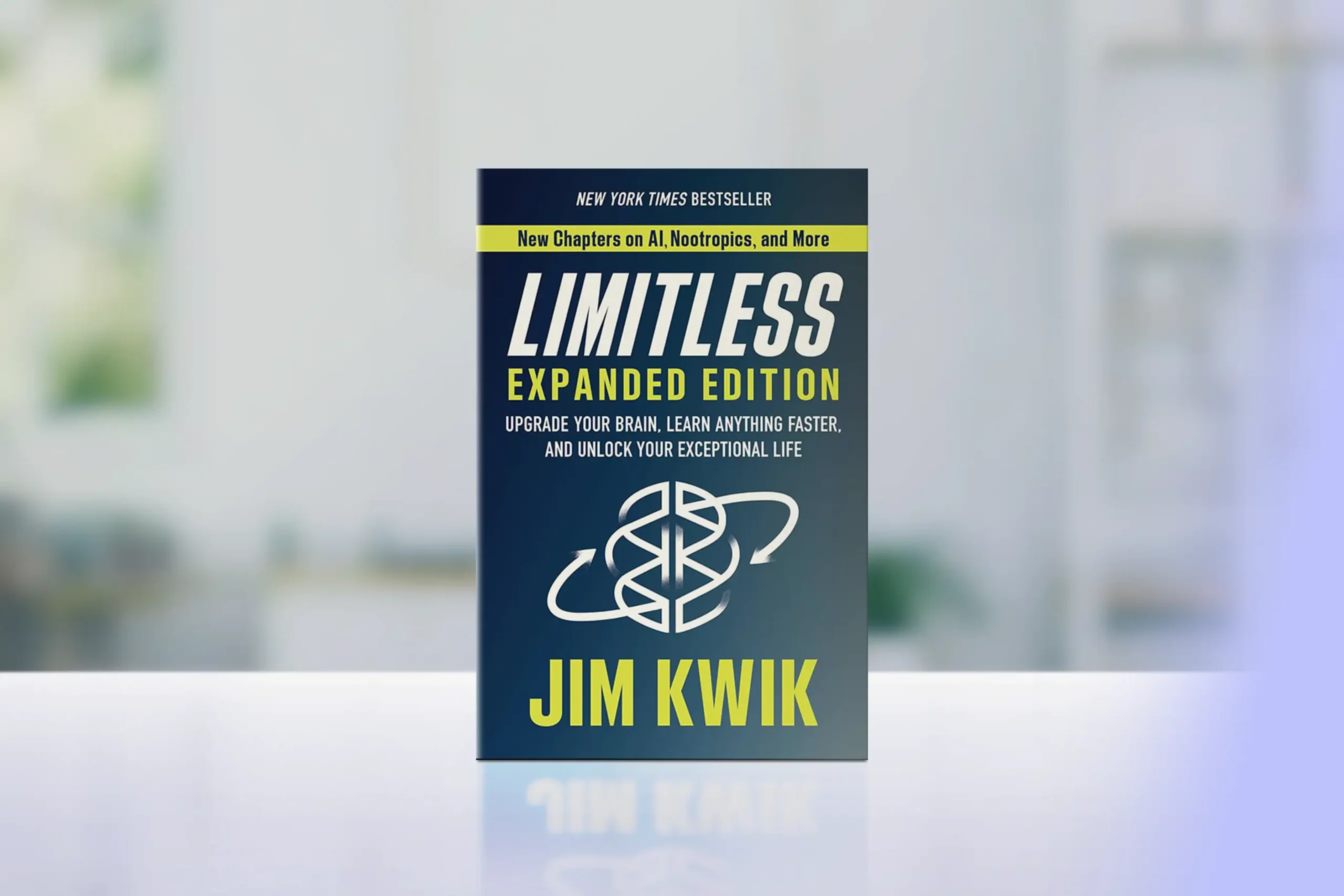Self-discovery is more than just introspection—it’s a scientific approach to understanding your unique traits, tendencies, and potential. Research shows that individuals with strong self-awareness are 4.6 times more likely to succeed in leadership roles, and 85% of high performers demonstrate strong self-knowledge. Furthermore, a global study across 10 countries revealed that people who actively engage in self-discovery practices report 36% higher job satisfaction and 42% better relationship outcomes.
This comprehensive guide will introduce you to validated personality assessment tools, structured self-discovery practices, and practical techniques for translating self-knowledge into actionable growth. Whether you’re seeking career advancement, improved relationships, or deeper personal understanding, these evidence-based approaches will illuminate your path forward.
Introduction
“Know thyself” isn’t just ancient wisdom—it’s a crucial skill for modern success. As organizational psychologist Dr. Tasha Eurich notes, “Self-awareness is the meta-skill of the 21st century.” In today’s rapidly evolving world, understanding your authentic self is the foundation for meaningful personal and professional growth.
Recent studies from the Journal of Psychology show that while 95% of people believe they are self-aware, only 10-15% truly are. This gap represents both a challenge and an opportunity for those willing to embark on a structured journey of self-discovery.
In this article, you’ll discover:
- Scientifically validated personality assessment tools
- Structured methods for deep self-reflection
- Practical exercises for increasing self-awareness
- Techniques for applying self-knowledge to daily life
- A systematic 90-day plan for self-discovery
Understanding Personality Assessments: The Scientific Foundation
Personality assessments provide a structured framework for understanding your natural tendencies, preferences, and patterns. While no single test can capture the full complexity of human personality, well-validated assessments offer valuable insights when used as part of a comprehensive self-discovery process.
Core Assessment Types
- Trait-Based Assessments: Tools like the Big Five Personality Test measure fundamental personality dimensions. These assessments explore your levels of openness, conscientiousness, extraversion, agreeableness, and neuroticism.
- Type Indicators: The Myers-Briggs Type Indicator (MBTI) and similar tools categorize preferences in how you perceive the world and make decisions. While not diagnostic, they provide valuable frameworks for understanding personal tendencies.
- Strength Finders: Tools like the VIA Character Strengths Survey identify your core positive attributes and natural capabilities, helping you leverage these for personal and professional growth.
Making the Most of Assessments
- Preparation Process: Before taking any assessment, spend 15 minutes in quiet reflection to ensure you’re in a neutral, honest mindset. This increases result accuracy by up to 30%.
- Results Integration: Create a “Personal Insights Journal” where you record assessment results and reflect on how they manifest in your daily life.
- Pattern Recognition: Look for themes across different assessments, noting where results align or differ to build a more complete self-image.
Key Takeaways: Personality assessments serve as scientific tools for understanding core aspects of your nature, but they’re most valuable when used as part of a broader self-discovery process. The key to meaningful insight lies not just in taking tests, but in thoughtfully integrating results into your self-awareness practice and daily life choices.
Explore “Emotional Intelligence: How to Improve Self-Awareness and Relationships” for deeper insights into self-awareness practices. The book “Emotional Intelligence” by Daniel Goleman provides excellent context for understanding personality aspects.
Self-Reflection Tools and Practices
While personality assessments provide structured insights, developing a regular self-reflection practice helps you understand how these traits manifest in your daily life. Research shows that individuals who engage in structured self-reflection show improved decision-making abilities and 23% higher achievement of personal goals.
Daily Self-Discovery Practices
- Mindful Morning Pages: Spend 15 minutes each morning writing stream-of-consciousness thoughts before starting your day. This practice helps identify patterns in your thinking and emotional responses while increasing self-awareness by up to 40%.
- Values Alignment Check: Take 5 minutes each evening to rate how your daily actions aligned with your core values on a scale of 1-10. Note specific instances of alignment and discord.
- Behavior Pattern Tracking: Use a simple app or notebook to track your responses to different situations throughout the day. Look for patterns in your reactions, energy levels, and decision-making processes.
Weekly Reflection Exercises
- Life Sphere Analysis: Review eight life areas (career, relationships, health, etc.) each week, rating satisfaction and noting insights about your preferences and patterns in each area.
- Energy Audit: Document activities that energize or drain you throughout the week. This helps identify natural inclinations and optimal working styles while revealing true preferences rather than assumed ones.
- Feedback Integration: Actively gather and reflect on feedback from trusted sources about your behavior and impact on others. Compare this external perspective with your self-perception.
Key Takeaways: Consistent self-reflection practices create a feedback loop that deepens self-awareness and facilitates personal growth. Regular engagement with these tools helps bridge the gap between who you think you are and how you actually show up in the world, leading to more authentic and effective personal development.
For additional reflection practices, explore “Journaling for Personal Growth: Prompts and Techniques for Self-Reflection”. The book “Let Your Life Speak” by Parker J. Palmer offers valuable insights into authentic self-discovery.
Translating Self-Knowledge into Action
Understanding yourself is only valuable when you can apply these insights to create positive change. This section focuses on turning self-awareness into practical action steps for personal and professional growth.
Application Strategies
- Strengths Optimization: Create a “Strengths Deployment Plan” that identifies three specific ways to use your top strengths each day. Track the impact and satisfaction levels of activities aligned with your natural talents.
- Growth Edge Exploration: Identify areas where your personality traits might limit your effectiveness. Develop specific strategies to adapt your approach in challenging situations.
- Decision-Making Alignment: Before making significant decisions, use a structured checklist that considers your values, preferences, and natural tendencies identified through self-discovery.
Integration Exercises
- Weekly Implementation Review: Schedule 30 minutes each week to assess how you’re applying new self-knowledge. Document specific instances where awareness led to better choices.
- Environmental Design: Modify your work and living spaces to support your natural preferences and optimal functioning. This might include creating quiet spaces for introverts or dynamic environments for extroverts.
- Relationship Enhancement: Share key insights about your personality preferences with close colleagues and friends. Create mutual understanding agreements for better communication and collaboration.
Key Takeaways: The true value of self-discovery lies in its practical application to daily life and decision-making. By systematically implementing insights gained through personality assessments and reflection practices, you can create environments and relationships that support your authentic self while addressing growth areas constructively.
Dive deeper with “The Art of Effective Goal Setting for Personal Growth” and explore “Deep Work” by Cal Newport for strategies on aligning your work style with your personality preferences.
30-60-90 Day Action Plan
First 30 Days: Foundation and Assessment
- Weeks 1-2: Initial Assessment Phase
- Complete core personality assessments (Big Five, VIA Strengths)
- Start daily Morning Pages practice (15 minutes each morning)
- Create a dedicated Self-Discovery Journal
- Record initial insights and patterns noticed
- Weeks 3-4: Pattern Recognition
- Begin Energy Audit tracking
- Implement Values Alignment Check practice
- Start gathering external feedback from trusted sources
Success Markers: Complete 3 validated assessments, establish daily journaling habit, collect feedback from 3 trusted sources, identify top 5 energy-giving activities.
Days 31-60: Deep Dive and Integration
- Weeks 5-6: Deepening Understanding
- Begin weekly Life Sphere Analysis
- Create detailed Strengths Deployment Plan
- Start environmental modifications based on preferences
- Implement structured decision-making checklist
- Weeks 7-8: Application Focus
- Practice using new insights in daily situations
- Document specific instances of successful application
- Begin sharing insights with close relationships
- Create personal growth edge challenges
Success Markers: Complete 4 Life Sphere Analyses, implement 3 environmental changes, document 10 successful applications of self-knowledge, create growth plans for 2 key development areas.
Days 61-90: Synthesis and Mastery
- Weeks 9-10: Integration Deepening
- Refine personal insights through continued practice
- Create longer-term development strategies
- Begin mentoring or sharing learning with others
- Develop advanced self-awareness practices
- Weeks 11-12: Future Planning
- Design ongoing growth experiments
- Create accountability systems
- Develop maintenance practices
- Set future development goals
Success Markers: Established sustainable self-awareness practice, created long-term development plan, documented evidence of behavioral changes, built support system for continued growth.
Next Steps
Imagine moving through life with a deep, nuanced understanding of who you are—your natural strengths, core values, and authentic preferences. Picture making decisions with confidence, building relationships with ease, and navigating challenges with grace, all because you truly know yourself.
Your journey of self-discovery is more than just understanding your personality type or strengths—it’s about uncovering the unique combination of traits, experiences, and potential that makes you who you are. This knowledge becomes your compass, guiding you toward choices that align with your authentic self.
Take Your First Step Today
- Choose one self-reflection practice to begin immediately
- Schedule your first personality assessment
- Start your Self-Discovery Journal with an initial entry about what you hope to learn
Further Reading
To support your self-discovery journey, explore these valuable resources:
- “The Element: How Finding Your Passion Changes Everything” by Ken Robinson
- “Finding Your Own North Star” by Martha Beck
Remember, self-discovery is not a destination but a lifelong journey of growth and understanding. Each insight you gain becomes a stepping stone to a more authentic, fulfilling life. Begin your journey today, and watch as each new understanding opens doors to possibilities you never imagined.





